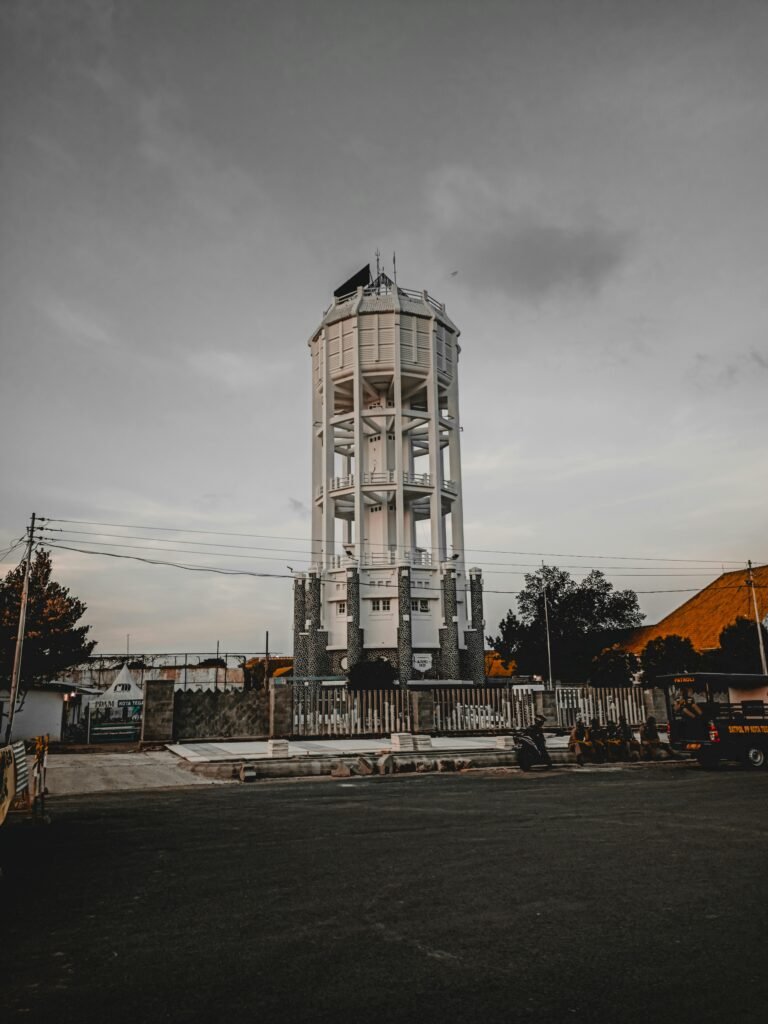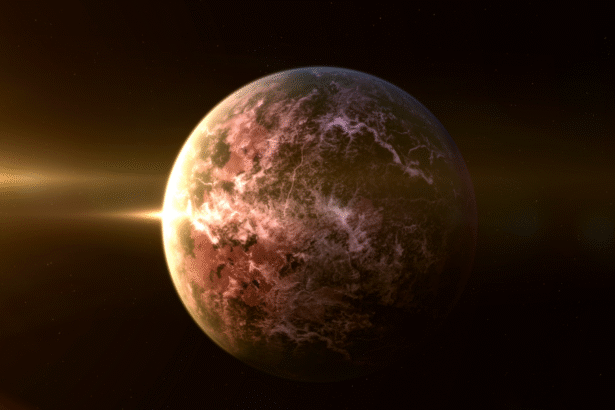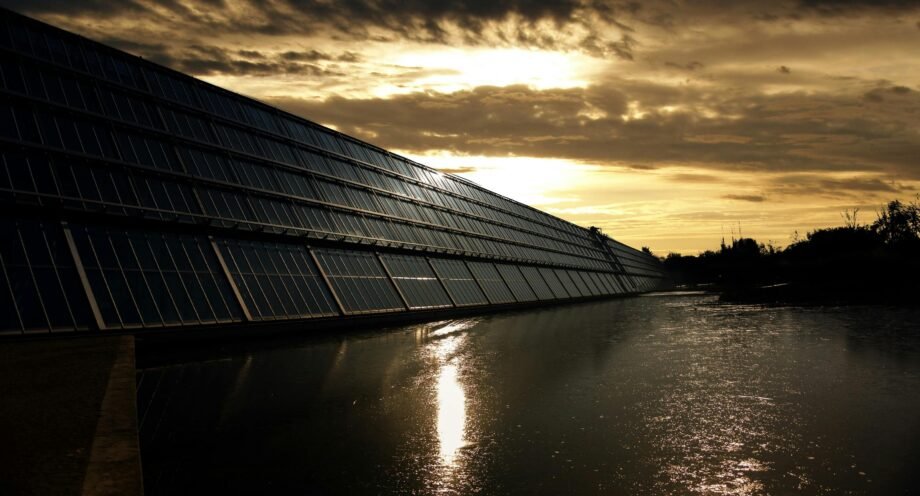Water, the most precious of resources, is increasingly under threat. Climate change, population growth, and industrial demands are placing unprecedented stress on global freshwater supplies. In response, green technology in water conservation has emerged as a beacon of hope, offering cutting-edge solutions to manage, purify, and conserve this vital element. From smart monitoring systems to advanced purification techniques, water tech innovations are fundamentally reshaping how we interact with and protect our planet's most critical resource.
The Imperative for Water Conservation
The statistics are stark: only a tiny fraction of Earth's water is freshwater available for human consumption, and much of that is often polluted or inaccessible. The need for efficient water solutions is not just environmental; it's economic, social, and geopolitical. Green technology steps in to address these challenges by providing ways to:
- Reduce Waste: Minimize leakage, runoff, and overuse in municipal, industrial, and agricultural settings.
- Improve Efficiency: Optimize water usage across all sectors, from homes to factories.
- Enhance Access: Make clean, potable water available even in water-scarce regions.
- Recycle and Reuse: Transform wastewater into usable resources.
Pioneering Green Technology in Water Conservation
The landscape of green technology in water conservation is dynamic, with continuous advancements pushing the boundaries of what's possible. Here are some of the most impactful innovations:
- Smart Water Grids and IoT (Internet of Things): These intelligent systems are revolutionizing water distribution. Sensors embedded throughout water networks monitor flow rates, pressure, and water quality in real-time. AI-powered analytics detect anomalies, pinpoint leaks with incredible accuracy, and predict potential failures, allowing for rapid response and significant water savings. For consumers, smart meters provide real-time usage data, empowering them to make informed conservation choices Source: Green.org – What Are The Latest Technologies To Conserve Water?.
- Advanced Desalination & Purification: Converting saltwater or brackish water into potable water has traditionally been energy-intensive. However, new generations of desalination technologies, particularly advancements in reverse osmosis (RO) membranes and nanofiltration (NF), are drastically reducing energy consumption. Many new plants are integrating renewable energy sources like solar and wind power to make the process even greener. For example, some innovative systems can produce purified water using 15-45% less energy than previous methods Source: WIPO Green Technology Book – Water treatment. Furthermore, graphene-based filters offer breakthroughs in purification by providing ultra-thin yet highly durable membranes that effectively remove heavy metals, bacteria, and microscopic pollutants Source: Genesis Systems – Sustainable Water Technology: 13 Innovations To Watch.
- Wastewater Recycling and Reuse (Zero Liquid Discharge – ZLD): Instead of discharging treated wastewater, ZLD systems aim to recover and recycle virtually all water used in industrial processes. This involves advanced filtration, evaporation, and crystallization technologies. Industries are increasingly adopting ZLD to minimize their environmental footprint and maximize resource recovery. For domestic use, decentralized graywater recycling systems (like those from Hydraloop) treat water from showers and washing machines for non-potable uses like toilet flushing and irrigation, potentially reducing household water consumption by up to 45% Source: WIPO Green Technology Book – Water treatment.
- Atmospheric Water Generators (AWGs) & Fog Nets: These ingenious devices extract moisture directly from the air, offering a dependable water source in dry or remote climates. AWGs use condensation techniques, while fog nets use fine mesh structures to trap airborne moisture, condensing it into droplets. These passive systems are particularly effective in mountainous or coastal areas with fog and mist, providing clean water technology where traditional sources are scarce Source: Genesis Systems – Sustainable Water Technology: 13 Innovations To Watch.
- Smart Irrigation and Soil Moisture Sensors: In agriculture, which accounts for approximately 70% of global freshwater withdrawals, smart irrigation systems are critical. These systems use weather forecasts, real-time soil data from sensors, and IoT to deliver the precise amount of water needed, exactly where and when it's required. This drastically reduces water waste compared to traditional flood or sprinkler methods Source: Climate.Sustainability-Directory.com – How Can Green Tech Reduce Water Consumption in Agriculture?.

Buying Water Conservation Tech & Finding Water Tech Innovations
For individuals, businesses, and municipalities looking to buy water conservation tech or find water tech innovations, the market is rapidly expanding.
- For Homes: Look for low-flow showerheads, dual-flush toilets, tap aerators, and smart leak detection systems that can automatically shut off water supply in case of a leak Source: Plumbworld – Top 7 Water Saving Devices for an Eco-Friendly Home.
- For Agriculture: Invest in drip irrigation systems, soil moisture sensors, and variable rate irrigation (VRI) technologies that optimize water delivery based on real-time field conditions.
- For Industry & Municipalities: Explore membrane filtration systems (RO, UF, MBR), Zero Liquid Discharge (ZLD) solutions, and advanced leak detection systems for large-scale infrastructure. Companies like Greentech Water System offer customized solutions for purification, storage, and distribution across various industrial needs Source: Greentech Water System.
The Role of Energy in Water Solutions
A key aspect of green technology in water conservation is its symbiotic relationship with renewable energy. Powering water treatment, pumping, and desalination with clean energy sources significantly reduces the overall carbon footprint.
- Solar-Powered Water Treatment: Photovoltaic panels are increasingly used to power filtration and disinfection processes, especially beneficial for off-grid or remote areas Source: Nolletro.com – Green Technology in Water Treatment Plants.
- Wind Energy and Water: Wind turbines, such as those from Vestas (a global leader in wind energy), do not consume water during electricity generation, unlike many fossil fuel or nuclear power plants that require vast amounts for cooling. This makes US wind energy and global wind power crucial for offsetting water-intensive electricity generation, directly contributing to water conservation efforts by providing clean power for water infrastructure Source: NREL – The Wind/Water Nexus.
- Fuel Cell Technologies: Companies like Bloom Energy are developing solid oxide electrolyzers that can efficiently produce clean hydrogen from water, a process that can be powered by renewable energy, laying a foundation for a hydrogen economy that further supports sustainable water management through its energy efficiency Source: Bloom Energy – An Efficient Electrolyzer for Clean Hydrogen.

Conclusion: A Sustainable Future, Drop by Drop
Green technology is proving indispensable in the quest for water conservation. By harnessing the power of data, advanced materials, and renewable energy, these innovations are not only reducing water waste but also creating new sources and ensuring the efficient use of existing ones. The ongoing advancements in clean water technology offer immense hope for addressing global water scarcity. Investing in and adopting these green tech water solutions is not just an environmental choice; it's an investment in a resilient, equitable, and sustainable future for all.
Want to Explore More?
Read our latest piece: Green Technologies of the Future: Which Developments Will Save the World?.
Comment below: What’s your take on the environmental cost of green tech?
Tag us on social media using #GreenTechRealityCheck
nature.com+7thenevadaindependent.com+7lithiumharvest.com+7
Have questions or thoughts? Comment below and let us know what more you’d like to learn about green technology—we’d love to hear from you!








